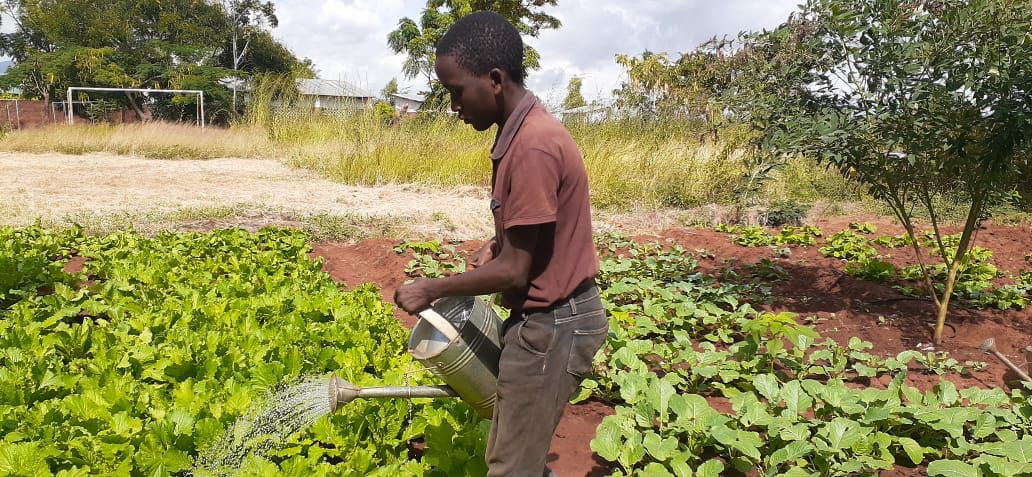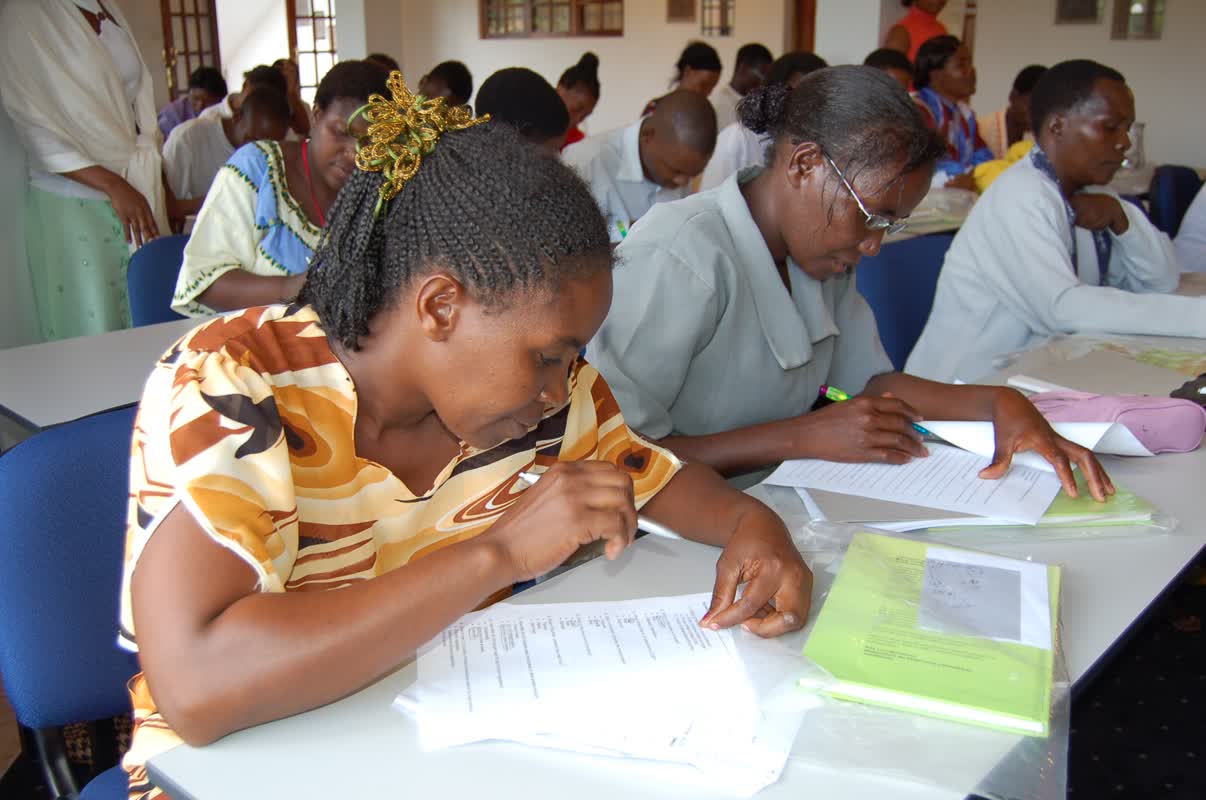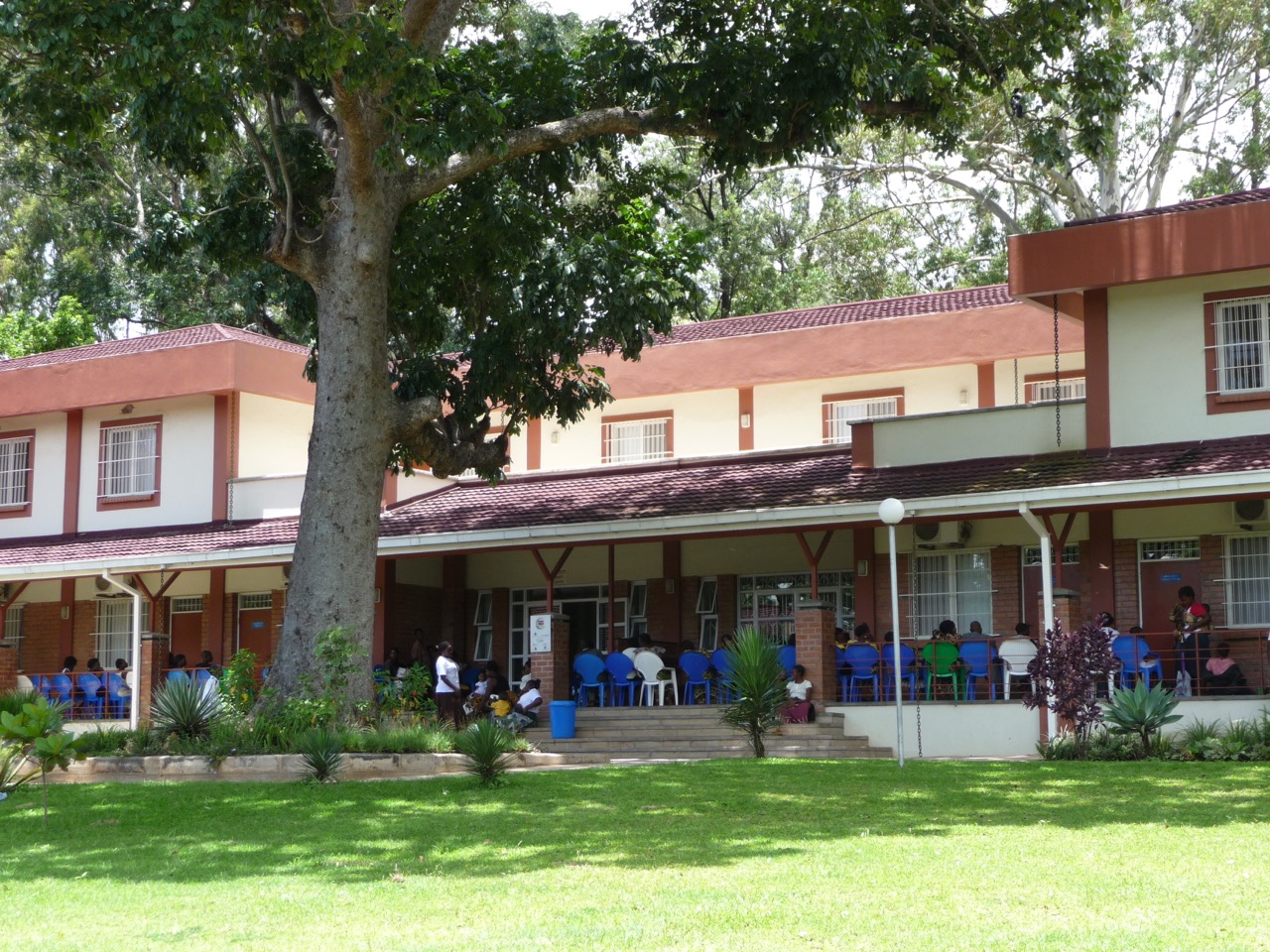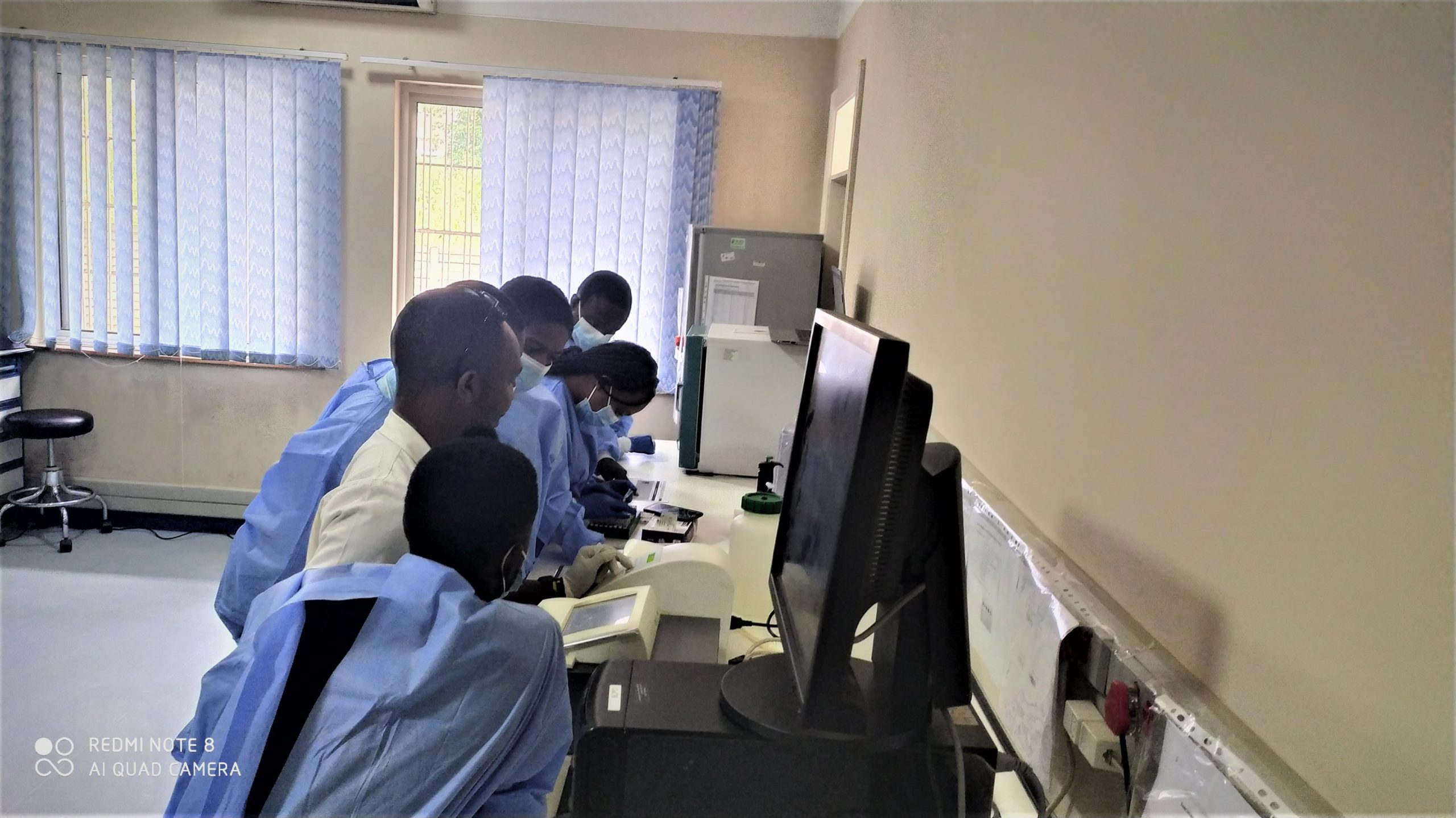Malawi
Malawi is in the south-eastern part of sub-Saharan Africa, between Zambia, Tanzania and Mozambique. According to the United Nations Development Programme statistics, it is one of the poorest countries in the world, and is ranked 172nd out of 188 countries (UNDP 2019) in the human development index.
more...Although 65% of the Malawians are under 25 years old, the country has the 205th lowest life expectancy (63 years) not far from Afghanistan, which is the 220th and last country (52 years). In fact, the low level of education, widespread poverty and lack of infrastructures take their toll. Most of the population (84%) lives in rural areas, where there are no healthcare services. Even in the towns however, the hospitals are unable to satisfy the needs of the patients because of the rapid urbanisation that has taken place in recent years.
Currently the average number of doctors per thousand inhabitants is 0.02, whereas the WHO standards consider that there should be at least 2.3 doctors per 1,000 people. The Malawian healthcare system is therefore unable to deal with the numerous epidemics and diseases that the people are facing.
The main causes of death in Malawi are malaria, acute respiratory infections and HIV/AIDS. Malawi has least one million people, more than half of whom are women over 15 and about 74,000 children up to 14 years old (UNAIDS), and it is one of the countries that has been most badly affected by the HIV epidemic. Moreover, the statistics demonstrate that there is a close connection between tuberculosis and AIDS (Global TB report, 2015), since it appears that around 53% of the people with HIV also have tuberculosis. TB has a significant medical impact on people with AIDS, especially in countries with limited resources. In addition, the main cause of cancer in Malawian women, HPV, is also closely connected to HIV.
The latest estimates regarding the HIV epidemic show an improvement in the services provided, especially in the prevention of the mother-to-child transmission of the virus. The widespread screening of the population does not however correspond with a general reduction of the viral load, since the levels of retention in care are not high enough to make sure that the possibility of a further spread of HIV is reduced.
DREAM in Malawi
The Community of Sant’Egidio started working in Malawi in 2005 with the aim of bringing the experience acquired in Mozambique to the country and applying the DREAM healthcare programme’s model of assistance. There are currently 13 healthcare centres for people living with HIV/AIDS in Malawi. The Community of Sant’Egidio also runs three molecular biology laboratories in Blantyre, Dowa and Balaka. The high quality of the model and the great attention given to specialised human resources has led to a close collaboration with the national healthcare authorities.
The DREAM programme in Malawi provides everyone with HIV/AIDS assistance free of charge, including specific consultancy services, medical examinations, diagnostic monitoring and social support, with the aim of improving compliance and retention in care rates. Sant’Egidio has also acquired considerable experience in the field of telemedicine, which uses special software and digital medical reports to establish a direct connection with doctors and specialists in Europe in order to receive their opinion.
DREAM is also sensitive to the matter of respecting the environment in Africa. The healthcare centres are powered entirely by solar panels, so they have complete energy autonomy for all the activities they carry out.
...lessIn a year marked by a severe crisis in international…
A silent health emergency is emerging in Malawi: an increasing…
During a well-attended ceremony at the Bingu International Conference Center…
Malawi is one of the poorest countries in the world,…
This event marks the third in a series of workshops…
The event provided an important opportunity to present the results…
Two decades ago, it was estimated that around 10 million…
On Saturday, July 13, as part of the Southern Africa…
What do a major Italian energy group, a logistics giant,…
Diagnosing epilepsy relies on a detailed account of seizures, requiring…






